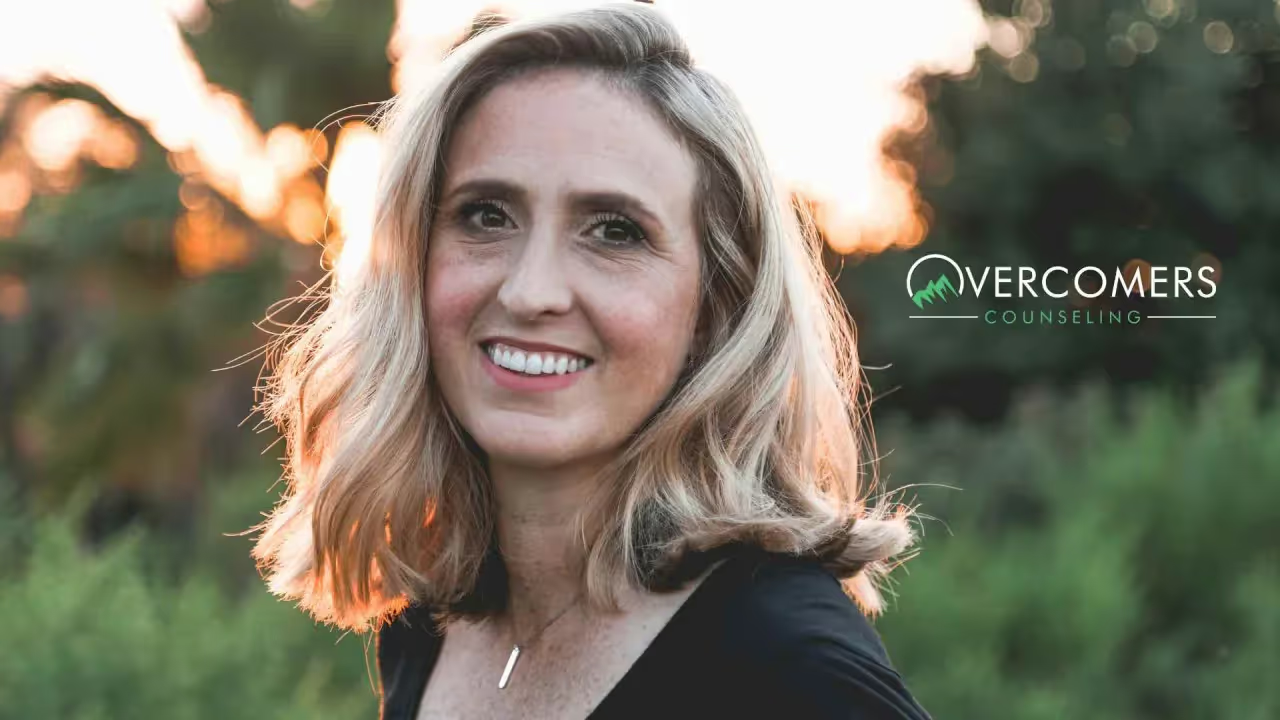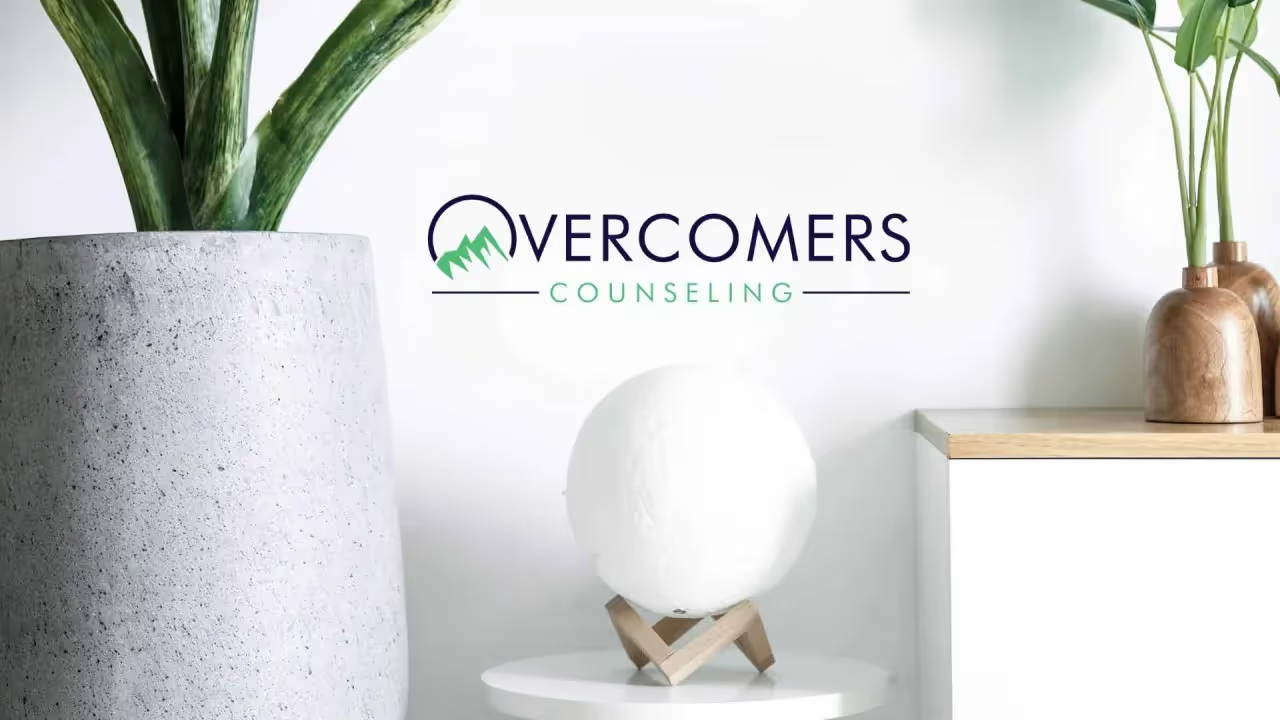IntroductionDenver is home to a supportive network of groups dedicated to those dealing with Obsessive-Compulsive Disorder (OCD), offering a space where...

Denver is home to a supportive network of groups dedicated to those dealing with Obsessive-Compulsive Disorder (OCD), offering a space where individuals can connect, share their experiences, and find mutual support.
These groups provide a valuable resource for anyone looking to face the challenges of OCD alongside others who understand the complexity and nuances of living with this condition.
Denver offers a diverse selection of support solutions for those dealing with OCD, ranging from discussions facilitated by peers to professional mental health guidance.
This variety ensures that individuals with different needs and preferences can find the right kind of support, simplifying the process for residents to find the empathy and motivation they are searching for.
This 2-hour weekly telehealth group offers Dialectical Behavioral Therapy (DBT) skills, a proven method for treating PTSD, BPD, anxiety, depression, or OCD.
Developed by a psychologist to enhance her own life quality amidst BPD challenges, DBT provides tools for coping with trauma, improving relationships and self-awareness, and managing emotions effectively.
The group is open to anyone seeking to benefit from these strategies, regardless of specific diagnoses.
The program spans 6 months to a year, based on group progress, with no fixed commitment required but full benefits realized upon completion.
Eligibility requires basic literacy, communication skills, regular attendance, and the ability to participate via Google Meet with a reliable internet connection, webcam, and a private space.
The curriculum covers mindfulness, distress tolerance, emotion regulation, and interpersonal effectiveness.
Call (719) 345-2424
Visit DBT Skills Group to Sign Up
The CU Anschutz OCD Program offers specialized clinical groups led by experienced faculty, specifically designed for individuals dealing with OCD and related disorders who are 18 years old and above.
These sessions are unique as they are not only therapeutic but also incorporate a structured approach to treatment, billing through insurance for convenience.
The adult CBT group emphasizes the use of Cognitive Behavioral Therapy (CBT) techniques, combined with the principles of Exposure and Response Prevention (ERP), Acceptance and Commitment Therapy (ACT), and Dialectical Behavior Therapy (DBT).
These 60-minute sessions are meticulously planned to be goal-oriented, encouraging members to actively support one another in challenging their OCD through the practical application of ERP strategies.
Given the current preference and need for accessibility, these meetings are held virtually, ensuring participants can join from the comfort of their homes or any private space.
Those interested in joining the program are advised to reach out to the administrative staff by calling (303) 724-4716 or sending an email to smhservice@ucdenver.edu to initiate the intake and screening process.
Website: CU Anschutz
They offer a variety of virtual group therapy sessions specifically designed for individuals dealing with Obsessive Compulsive Disorder (OCD), utilizing the effective Exposure and Response Prevention (ERP) technique.
Available programs include a Teen Mental Health Group, an Adult OCD, ERP, and Compassion group, a Yoga Breathwork & Relaxation class for mental health, and a support group for family, friends, spouses, and loved ones that meets weekly.
They welcome individuals facing all types of OCD, including those with taboo themes, harm or sexual obsessions, and contamination concerns.
Participants are encouraged to bring along exposure materials such as digital voice recorders, smartphones, and notebooks for a more interactive session.
While exposures are primarily self-directed, they are facilitated by experienced clinicians from In Focus Counseling.
Contact: (720) 295-9522
Website: Infocus Counseling Denver
The International OCD Foundation (IOCDF) was established to improve outcomes for people facing OCD challenges, the IOCDF offers a wide array of resources aimed at enhancing awareness, education, and access to effective treatments.
At the heart of its offerings is a comprehensive directory that connects individuals with specialized treatment providers, including therapists, support groups, and intensive treatment programs tailored to OCD.
The IOCDF is dedicated to advancing research into OCD and related disorders, funding studies that seek to unravel the complexities of these conditions and develop new, more effective treatment strategies.
The foundation organizes annual conferences that bring together individuals with OCD, their loved ones, and mental health professionals.
These events are filled with workshops, lectures, and networking opportunities, creating a unique environment for learning, sharing, and community building.
In essence, the International OCD Foundation is committed to improving the lives of everyone touched by OCD through education, support, research, and advocacy, embodying a comprehensive approach to addressing the challenges posed by this disorder.
Website: IOCDF Conferences

Denver offers a variety of OCD support groups that provide invaluable resources and a sense of community for individuals facing the challenges of Obsessive-Compulsive Disorder.
These groups, ranging from peer-led sessions to professionally facilitated meetings, present opportunities for sharing experiences, learning coping strategies, and gaining emotional support in a safe and understanding environment.
Engaging in these supportive environments allows individuals to discover comfort and resilience, reassured by the knowledge that they are accompanied on their path.
If you aim to exchange personal experiences, gain insights from fellow participants, or seek solace among peers who genuinely understand the intricacies of OCD, the support groups in Denver are prepared to embrace you warmly.